Pierwszy List do Koryntian
Luca Giani is the son of the chief of the Vatican gendarmerie. He is responsible for the Pope’s safety 24/7. How is it to live and grow in the Vatican City, to meet the Pope while walking in the garden, to talk with him about the future?
Jolanta Brózda-Wiśniewska: How many lay people live in Vatican and where exactly (are there special homes, flats, estates)? Or there are some who live in the city of Rome?
Luca Giani: In the Vatican, I believe that are about 600 citizens and another 200 residents. The majority of these people are priests serving for the Vatican Diplomatic Service, Swiss Guards, many Cardinals, Bishops and other religious people. The Swiss Guards are about 110, many of whom – those with high ranks – live inside the Vatican City with their families
How would you describe the place where you lived?
Vatican is about 110 acres, about 0,44 square kilometres. It is built on a hill. The picture would do it more justice than my words, but it is a magical place. There are a lot of buildings when you enter the Vatican, but the more you get in towards the hills, the more you get to the Vatican gardens. The gardens are rather small, but they contain about 250 fountains.
I live in an apartment at the boarder with Italy, close to Porta Sant’Anna (Saint Anne’s entrance to the Vatican), which derives its name from the Sant’Anna church lcated close to the entrance gate. A peculiarity of the Vatican is that nobody owns apartments or houses, since all the buildings belong to the State
Even furniture in your apartment?
Some furniture we bought but some is tied to the apartment. Some of the buildings are very old and have historical furniture.
Did you go to school in Rome?
Yes. In the Vatican there is a seminary, reserved for young people of ages between 11 and 17, who study in a school belonging to the Diocese of Rome in an extraterritorial area not far from the Vatican. I went to a public school in Italy, and every morning I used to go there on my bicycle.
What were your classmates’ reaction to the fact that you lived in Vatican?
The fact that I lived in the Vatican has created a peculiar and particular situation; in fact, I was born and lived until I was 10 in Tuscany, then together with my mom and sister, I moved to the Vatican to follow my dad for a couple years before moving abroad to study. Thus, I usually introduce myself as an Italian citizen. Certainly, having lived in the Vatican for several years has been a great and different experience both in terms of my academic education and in shaping my behavior and attitude since I lived in a very special place.
How about your friends? Could they come to your place for sleepover for example?
The Vatican city has very strict rules. You have to notify in advance the presence of external people. There is no problem for them to come, but the relevant authorities have to be notified.
Were you permitted to go to the private gardens of Holy Father?
Yes, within boundaries. When the Holy Father is there to relax and walk around, usually people are not allowed. However, when the Holy Father was not there I could go. For example, I will always remember one day when I was riding my bicycle in the gardens. I was ten then. I saw my father running towards me and telling me to hide behind the tree. I asked why, but he had no time to answer. Therefore, I obeyed him, I hid my bike, and hid myself behind the bush. As I was hiding, to my great surprise a few minutes later I saw the Holy Father John Paul II and his private Secretary, now His Eminency Cardinal Stanislaw Dziwisz. My heart was beating fast. You know, I had met the pope a few times, but in official circumstances. This time I was wearing sweatpants and a T-shirt and he was a few meters away from me. They passed by and then I could not help it, so I glanced out of the bush. Right then, I do not know why, His Excellency Dziwisz (he was still a bishop back then) turned around and saw me. The Pope continued walking, and Monsignor Dziwisz said: ‘Luca, come say hello to the Holy Father’. I said that I couldn’t, as I had been instructed not to move’. H.E. Dziwisz said: ‘You can come Luca, it is ok’. But I kept hiding. When my father went back home that night, he was very upset. He said, ‘Luca, why didn’t you go? You know who that person was? It was the Secretary of the Pope, Monsignor Dziwisz’. I said: ‘But Dad! You told me not to go under any circumstance’… Learning when to disobey my father was the first of many diplomatic lessons that the Vatican taught me.
You would make a good soldier, you know how to follow the orders.
You know, growing up in a place like the Vatican means dealing with a lot of important people such as Monsignors and Bishops. The Vatican teaches you how to be proper, respectful, mindful of the others, especially of the poor people or people who might think in a different way than you. The Vatican is visited by tourists from all over the world, and I was blessed to see people from all over the world at receptions or events or just walking around the streets that sorround the Vatican.
Do you remember any other important meetings with the popes or other important persons?
It was the unveiling of the beautiful Statue of Saint Michael the Archangel in the Vatican Gardens. There were very few people and I was blessed to be there, on the back. It was the first time I saw two Holy Fathers in the same place, because it was just a few months after Pope Francis was elevated to Pontificate and Holy Father Benedict XVI was there as well. It is an emotion that words can’t describe. You are in the presence of people who are making the history of this world, and you can truly feel the spirituality around them.
Have you met the Popes? Could you share what you were feeling?
Over the years, I have been blessed with the possibility to meet Saint John Paul II and the Holy Fathers Benedict XVI and Francis in separate occasions. In all these circumstances I have always felt moved, with a great interior peace together with the understanding that these moments were a Blessing from our Lord, knowing that thousands of people would like to have similar opportunities, and for this reason I have always treasured the memories of these encounters.
The Holy Fathers gave me some good suggestions about life: to study hard, always follow my dreams and pursue what I want and to try to leave the world a little bit better that I found.
Your father is doing a very important job. Did you have a normal family life?
My father has always lived his job as a Mission and a service to the Church, and like a gift from the Providence. When he was asked to take on this service, he was working for the Italian intelligence service, and when he accepted this new job, the lives of all the members of our family were changed. Certainly for my sister, my mother and I it was a great change that we have always tried to live with a spirit of love for the Church where my parents, having been part of a Catholic youth group guided by the Franciscan order, had been grown up. This has been an example for my sister and me.
I wonder how your mum is feeling in this male-dominated place.
My mum is a teacher at the Lateran University. She teaches psychology. Life in Vatican is obviously peculiar for her. She cannot go around in a short dress which sometimes you would want to wear for receptions. It is just different than for example in our neighbour country, Italy. We go to Italy every day, we spend most of our life there. But when we go back to Vatican it is different country, different customs, rules. But for us it is the normality. So my mother was used to that. She knew that rather than to wear a short skirt, she would wear jeans and it was nothing that would bother her.
There were a lot of receptions, social occasions for you?
My father is always busy with his job, and therefore he doesn’t have too much free time, and even my mom is a very reserved person. Therefore, it did not happen too often for us to go to social events, even though it did happen from time to time. For instance, I remember a beautiful reception, organized by a Polish man and good friend of my family, His Excellency Przemyslaw Jan Hauser, who is the ambassador of the Order of Malta to Antigua and Barbuda. The reception had been organized by Ambassador Hauser on the occasion of the unveiling of a documentary about the Vatican Museums that he had produced. Pope Benedict was present there. The film was shown in this beautiful auditorium called „Aula Nervi”. That is the place where general audiences take place when the weather is not fitted for people to stay outside, in Saint Peter’s Square. The reception afterwards took place in the Vatican Museums.
Did you not feel alone as a child in a place where there were so few other children?
I attended school in Italy and my friends were mostly Italian, some were international. As I was saying before, certainly living in the Vatican is different from growing up in any other place, both for the size of the country, and for the fact that the State is built for the Mission of the Holy Father. Nonetheless, my friends and those of my sister often came by our apartment just like we used to go to our friends’ places in Rome.
How did living in Vatican influence your attitude to the Church and faith? Sometimes things we are very familiar with become normal, ordinary and we may stop seeing any beauty in them.
For me, it was the opposite! For one’s faith it is certainly important to be close to people in religious positions, but the most important thing is that you are so close to a very spiritual place. People from different backgrounds, ethnicities, sometimes even different religions, come to the Holy See. So one of my most favourite things to do when I am in the Vatican is visiting the Basilica of St. Peter. I have say that Saint Peter’s Basilica is a piece of my heart. That is a place I go to whenever I have free time or I want to distract myself. I enter regularly, with other tourists. And it is beautiful to see how these people enter this temple of the Church, how they sometimes cry seeing the Pieta by Michelangelo. It is beautiful to see how they pray in front of the tomb of St. John Paul II for instance. It is beautiful to walk with them and see how these other people live their religious lives. It is never ordinary, because every day is different. Every meeting can give you a different insight about the Catholic Church that you never thought about. And for me it is just as inspiring to listen to stories about very wealthy people who converted to catholicism, and about poor people who spent all their money to go on a pilgrimage to the St. Peter’s. It is like a movie you watch a number of times: it is the same movie, but each time you see it, you notice different details, and each time you are reminded why you liked it so much.
Sounds like heaven.
Pretty close to heaven! It is beautiful and unique.
What are the main differences between the tasks of the Swiss guards and the Vatican gendarmerie?
The Swiss Guard is a small force maintained by the Holy See, it controls access to the boarders of to the city-state and is responsible for the safety of the Pope, including the security of the Apostolic Palace. The Gendarmes take care of all the other aspects of security, including regular police activities, investigations and security of the Holy Father when he is not in his residence. Together they safeguard the Holy Father during celebrations and public events such as international trips.
Do you have people like dentist, shoemakers, hairdressers in the Vatican?
There health services, not a full hospital, for example you don’t have first aid there, for that you would have go to Rome. But the citizens and employees of the Vatican can take advantage of the health facilities which include a dentist and other doctors. There is a pharmacy, a supermarket, and a duty-free shop. There is a barber, not a hairdresser I am afraid.
There is no maternity ward at the hospital I guess…
I think there is gynecologist, but you cannot be born in the Vatican. Since the establishment of the Vatican City State in 1929 with the Lateran Accords I don’t think anyone was ever born in the Vatican, because there are no facilities there.
Can you play any sport within the walls?
At the moment there are no sports facilities in the Vatican with the exception of the Gendarmes and the Swiss Guards, who – I believe – have a gym inside their headquarters; very close to the Vatican, however, there are several facilities to practice all kinds of sports. One of those place is the oratory of S. Peter, where one can play several sports. That’s where my sister and I used to go. As a matter of facts, as kids my sister and I used to play volleyball also outside our apartment in a small terrace.. My father was told by Monsignor Dziwisz that even the Holy Father John Paul II had seen us play and that he appreciated these breaks from staticity.
Would you describe life in Vatican as life in a bubble or life under a lot of control?
Obviously you are… not in a bubble but in a unique place. I always describe it as an entrance to a different world. Usually when you go to Vatican, you come from a traffic of Rome: cars honking at each other, sometimes people being nervous to get to places, tourists all over the street. And then you pass this gate, you tell the Swiss guard who you are and what is the reason for getting inside the Vatican. You pass the gendarmes who check again if you are entitled to get into Vatican and then it is all quiet. There are very few people, very few cars and even 50 meters from the entrance there is silence.
As Christmas is coming up, could you tell us what is Christmas like in the Vatican City and what do you usually do?
I believe that there’s no better place to spend Christmas than Rome, and in particular the Vatican City. The Christmas season is certainly one of the most important times for the catholic liturgy and there’s several beautiful celebration both during advent and of course during Christmas.
In our apartment there is a small painting that my mom takes out around December with a drawing of a heart and the following phrase: „Per Natalie tutti i cuori tornano a casa”, which means that around Christmas all the hearts go back to their homes. That is certainly true for my family as we are always together for the Christmas celebrations. There are several suggestive traditions that take place inside and around the Vatican that we like to attend. For instance, every year a different country or region donates a Christmas tree to the Vatican, which is then decorated and placed in Saint Peter’s Square right next to the life-size Nativity Scene (the „presepe”) that is set up right in the center of the square; it is a family tradition that we go to the square around the 10th of December to see the lighting up of the tree and the unveiling of the nativity scene while listening to choirs chanting Christmas songs.
Finally another family tradition is to take part to the Christmas Eve mass celebrated by the Holy Father inside the Basilica of Saint Peter: that is truly a beautiful and spiritual celebration that is telecasted throughout the world.
Could you share what the Popes told you personally?
Over the years, I have been blessed with the possibility to meet Saint John Paul II and the Holy Fathers Benedict XVI and Francis in separate occasions. In all these circumstances I have always felt moved, with a great interior peace together with the understanding that these moments were a Blessing from our Lord, knowing that thousands of people would like to have similar opportunities, and for this reason I have always treasured the memories of these encounters.
The Holy Fathers gave me some good suggestions about life: to study hard, always follow my dreams and pursue what I want and to try to leave the world a little bit better that I found.

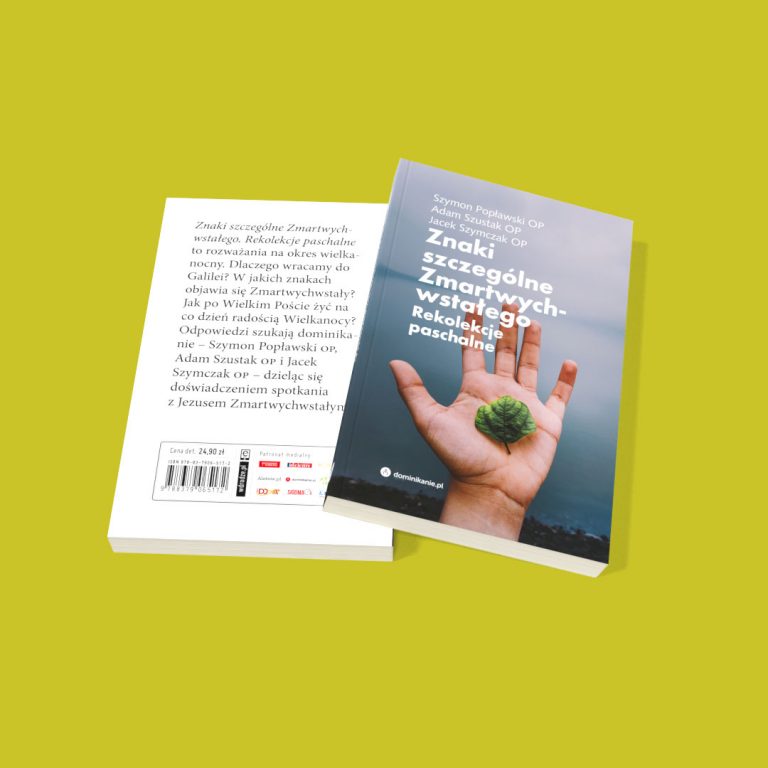
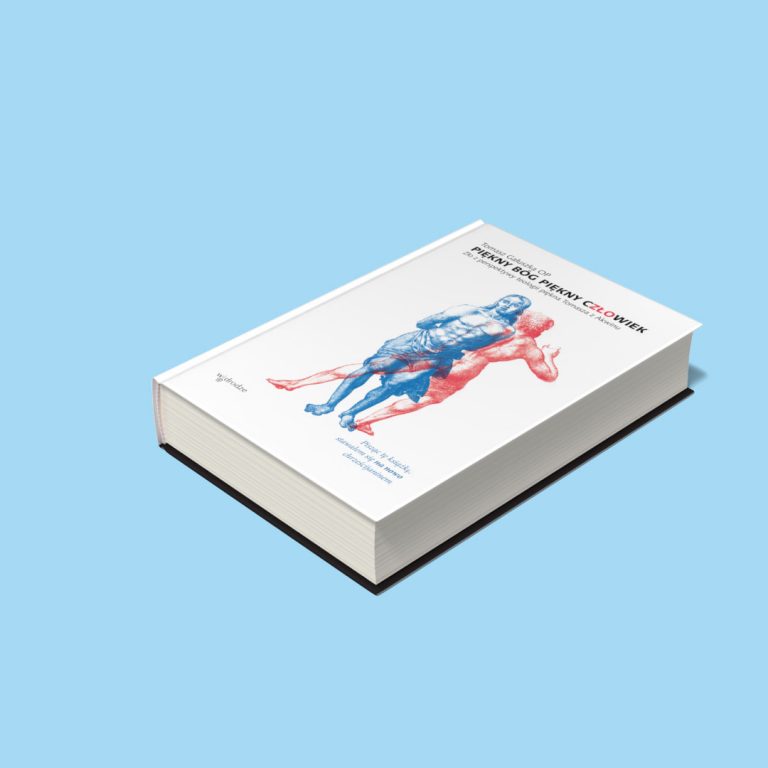
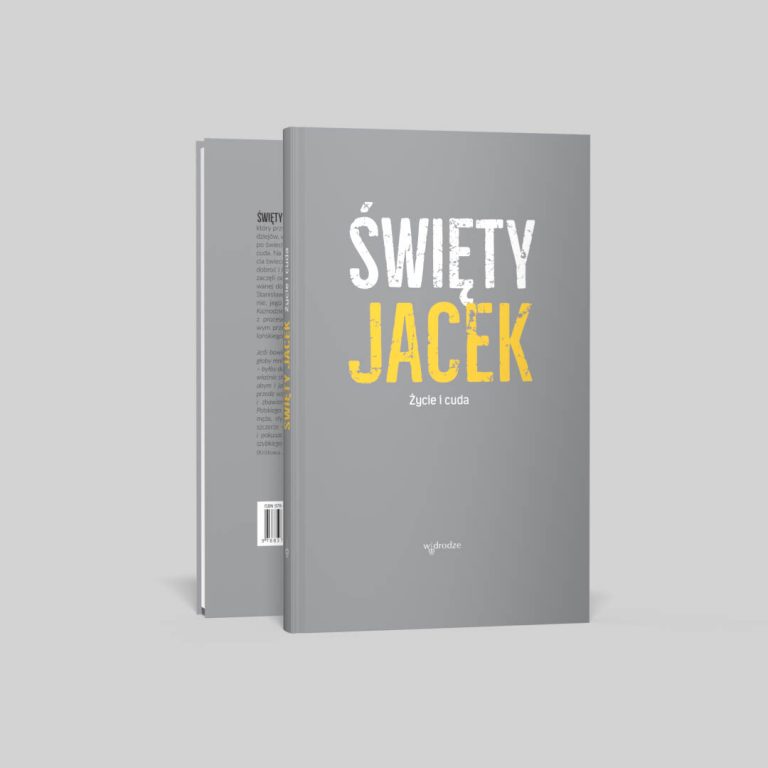

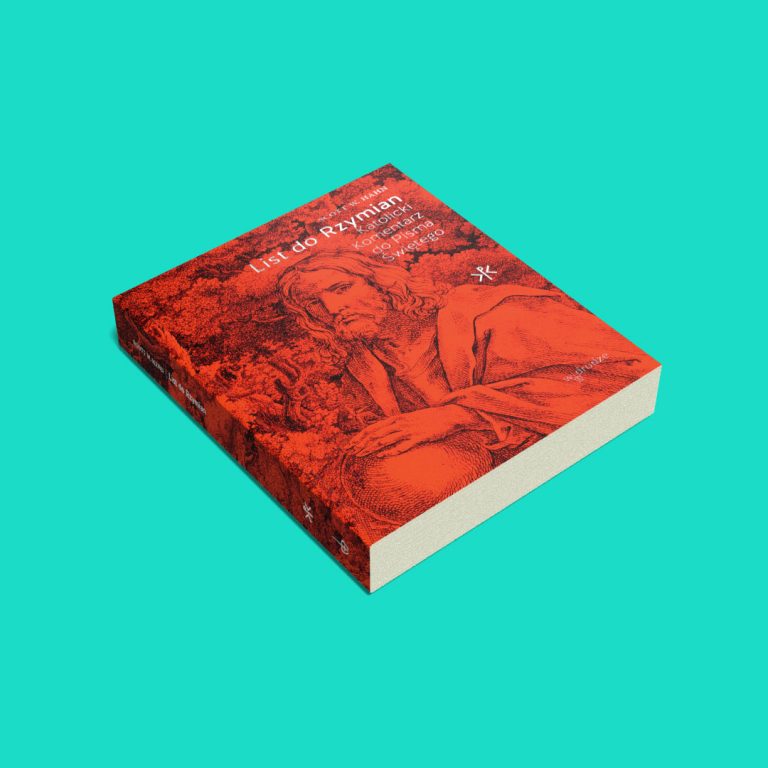
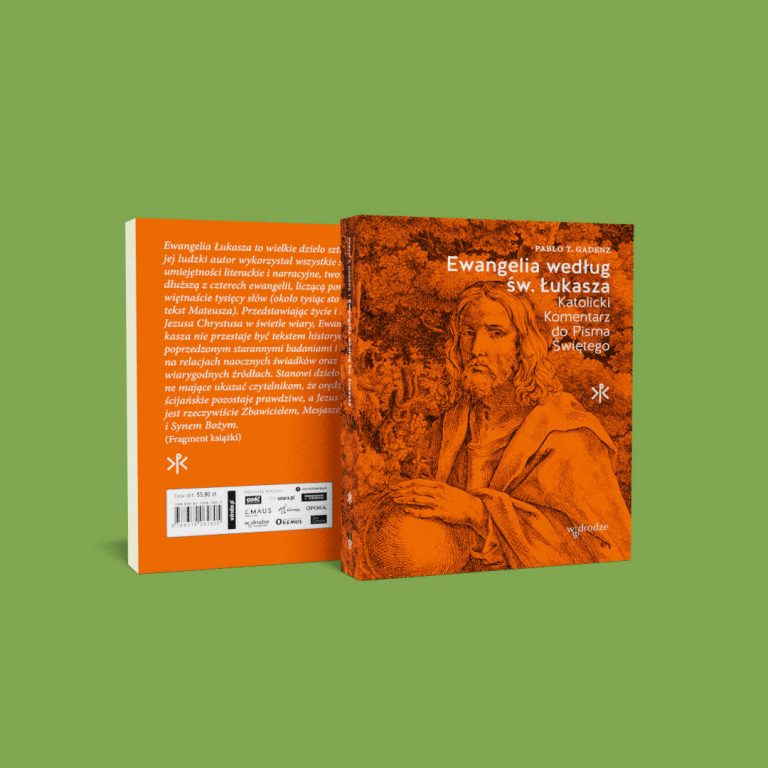
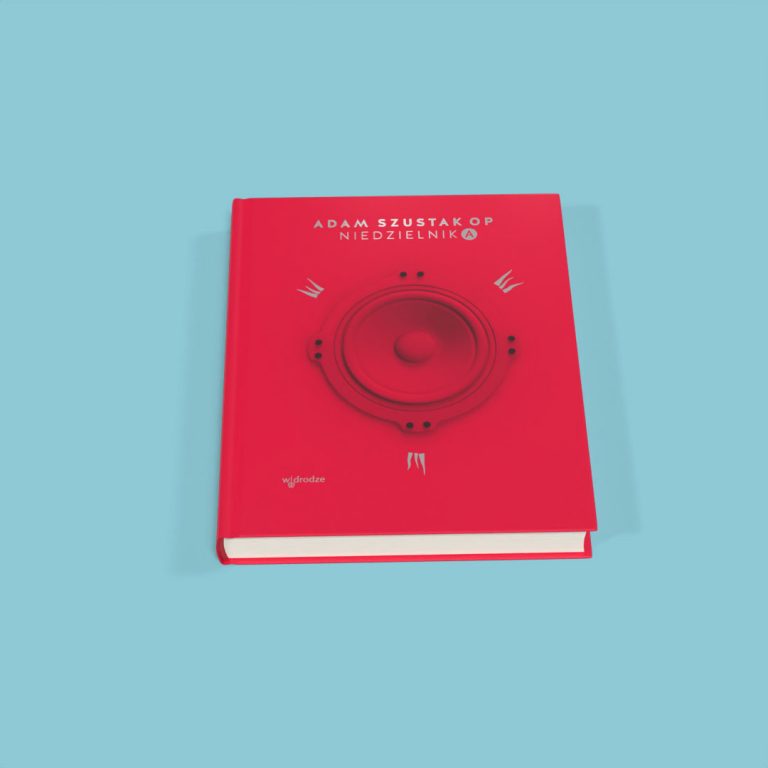
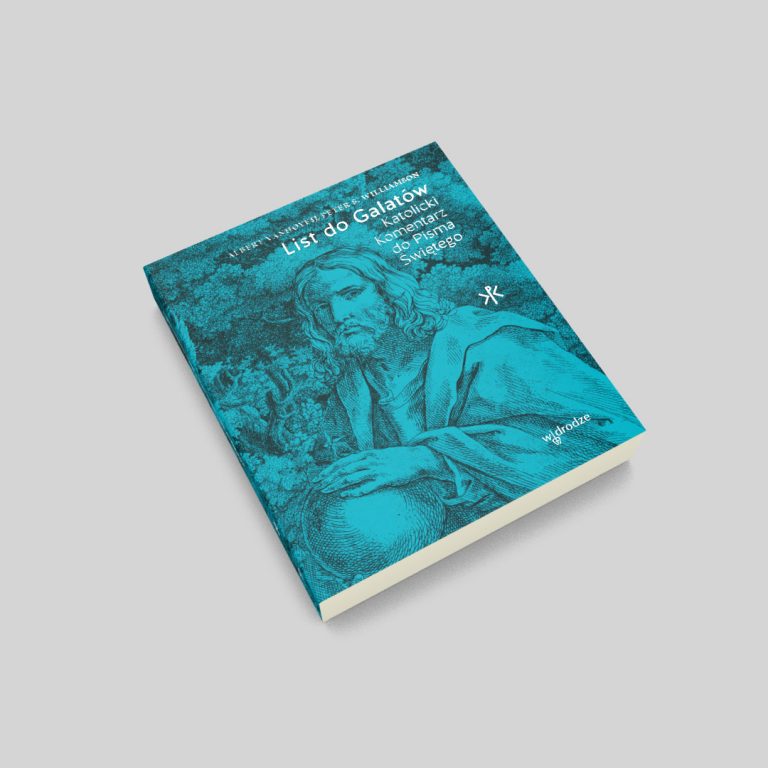
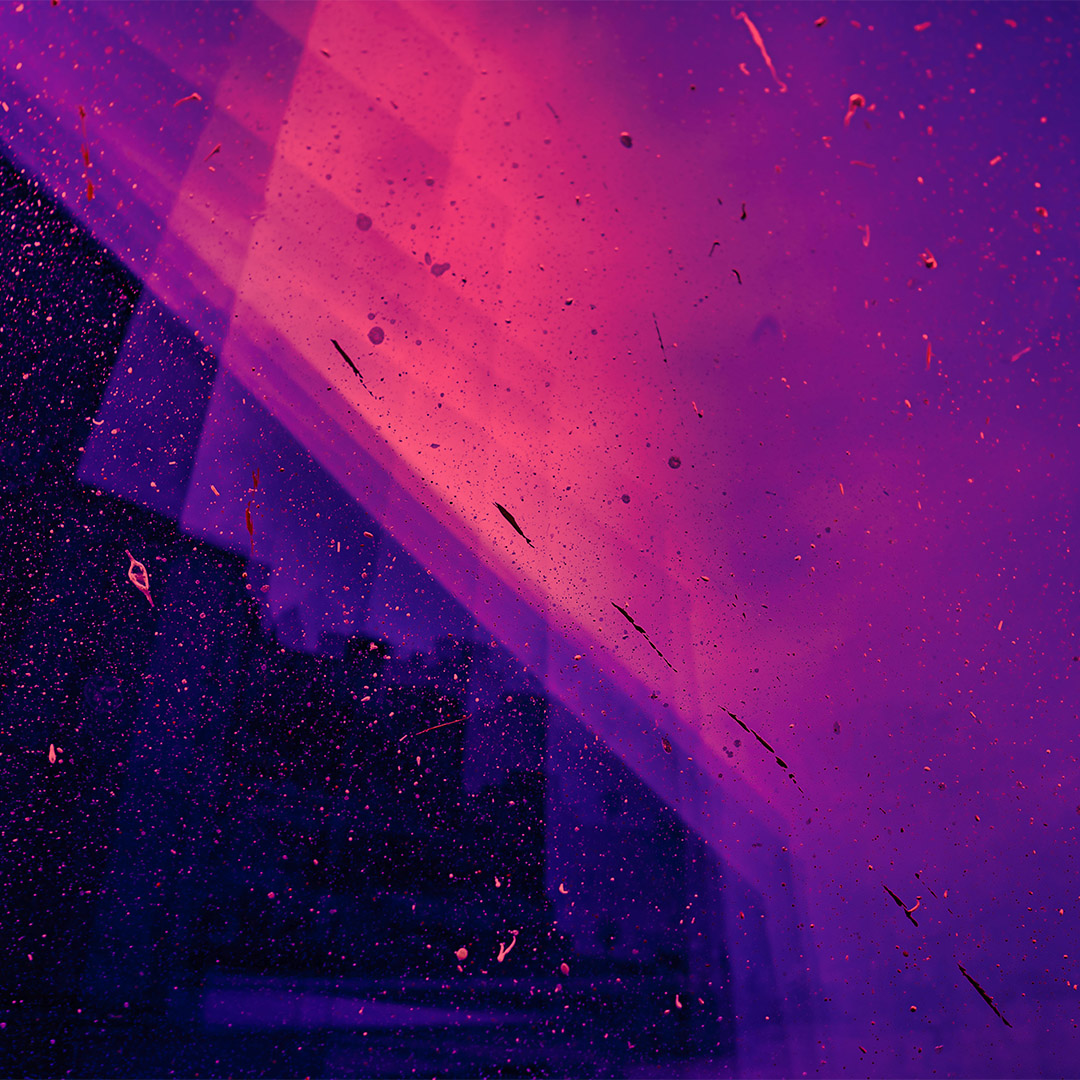
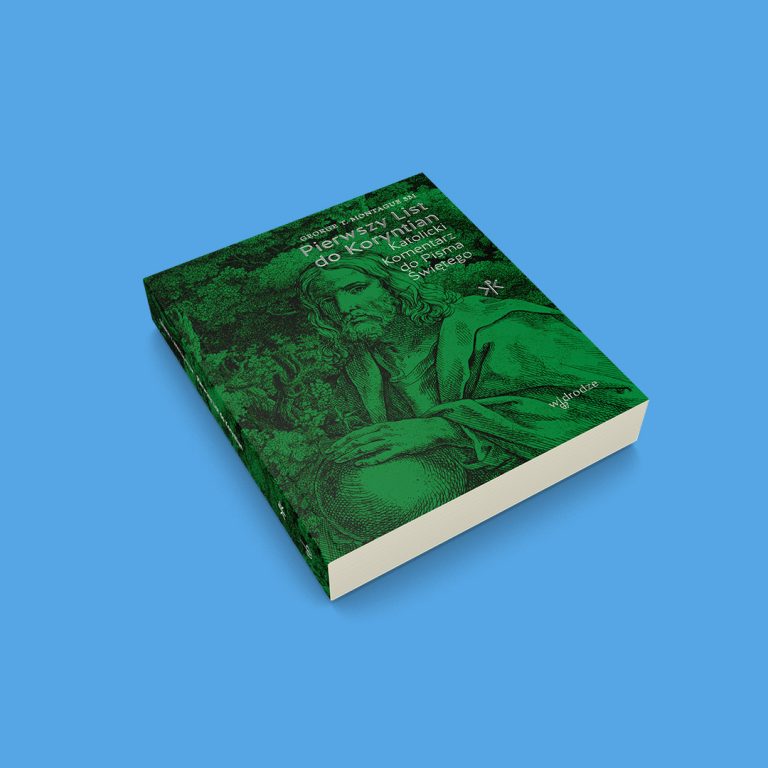







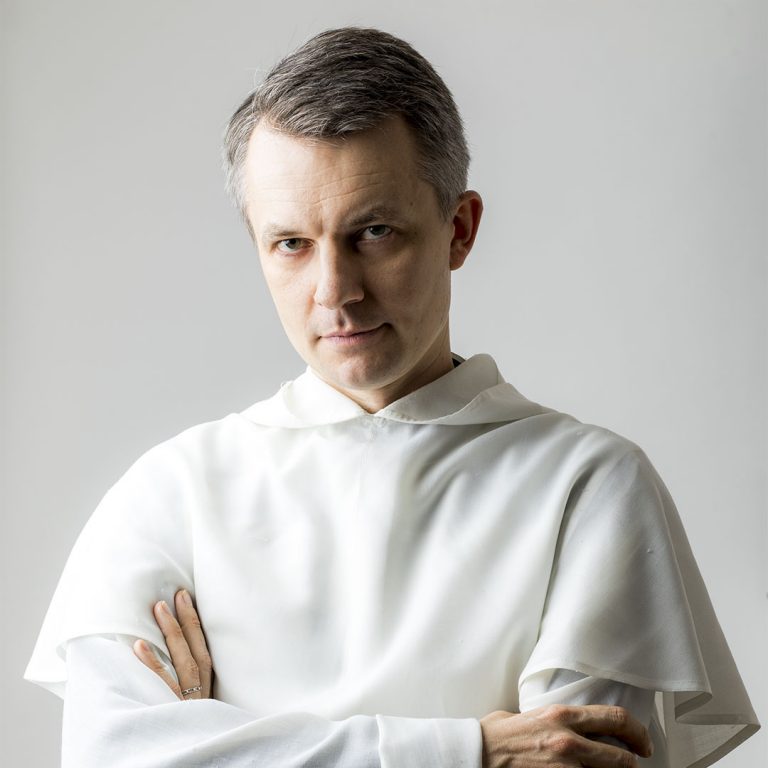
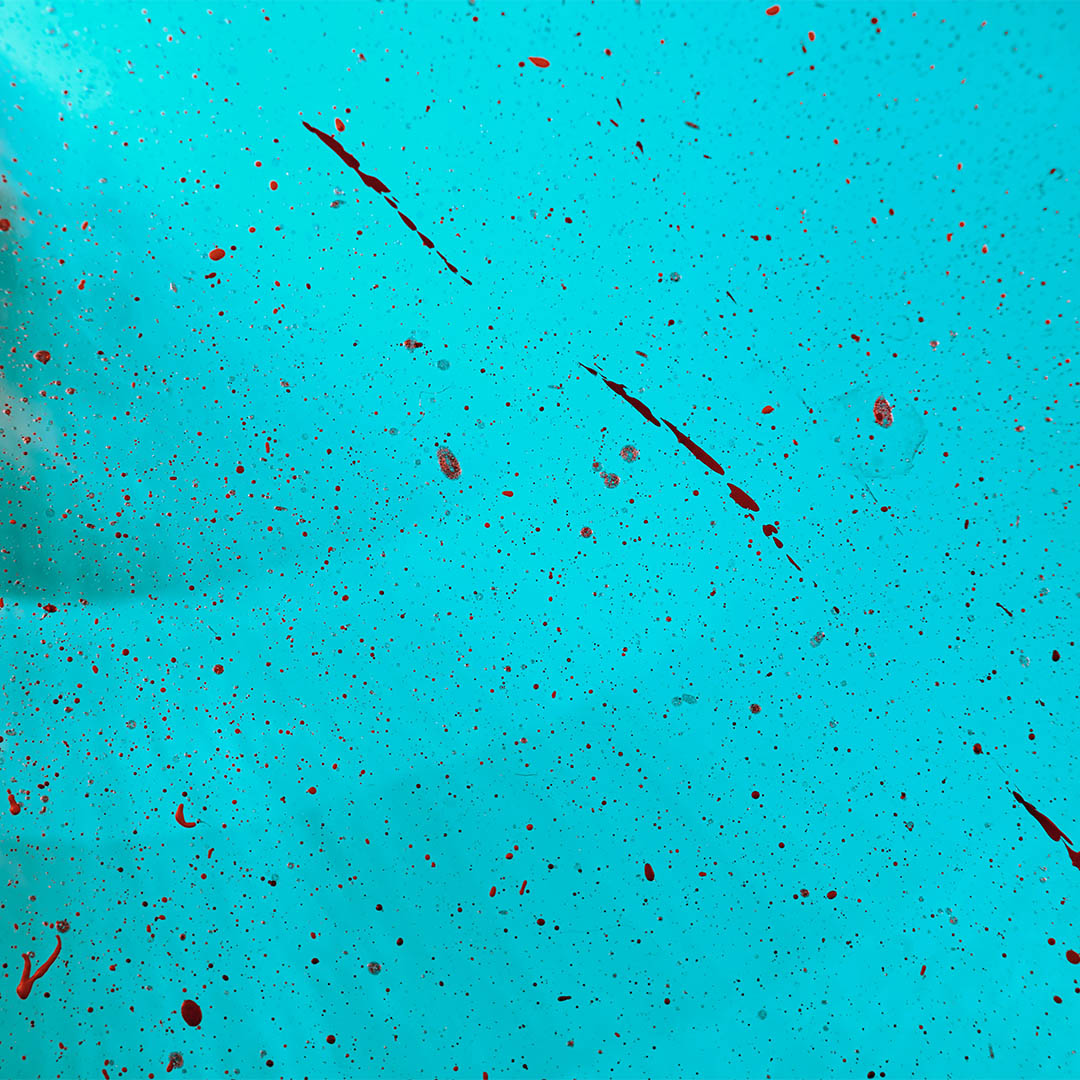
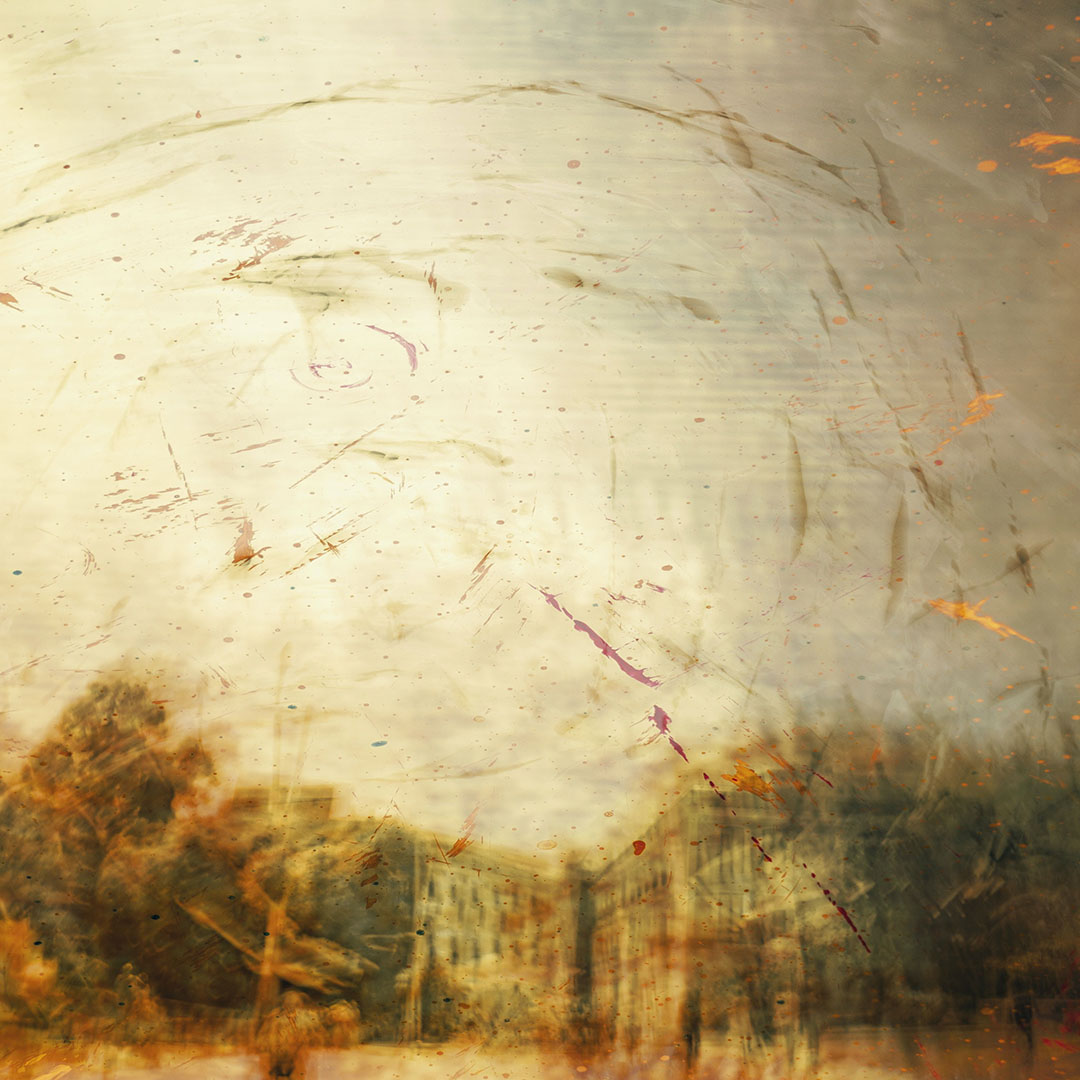
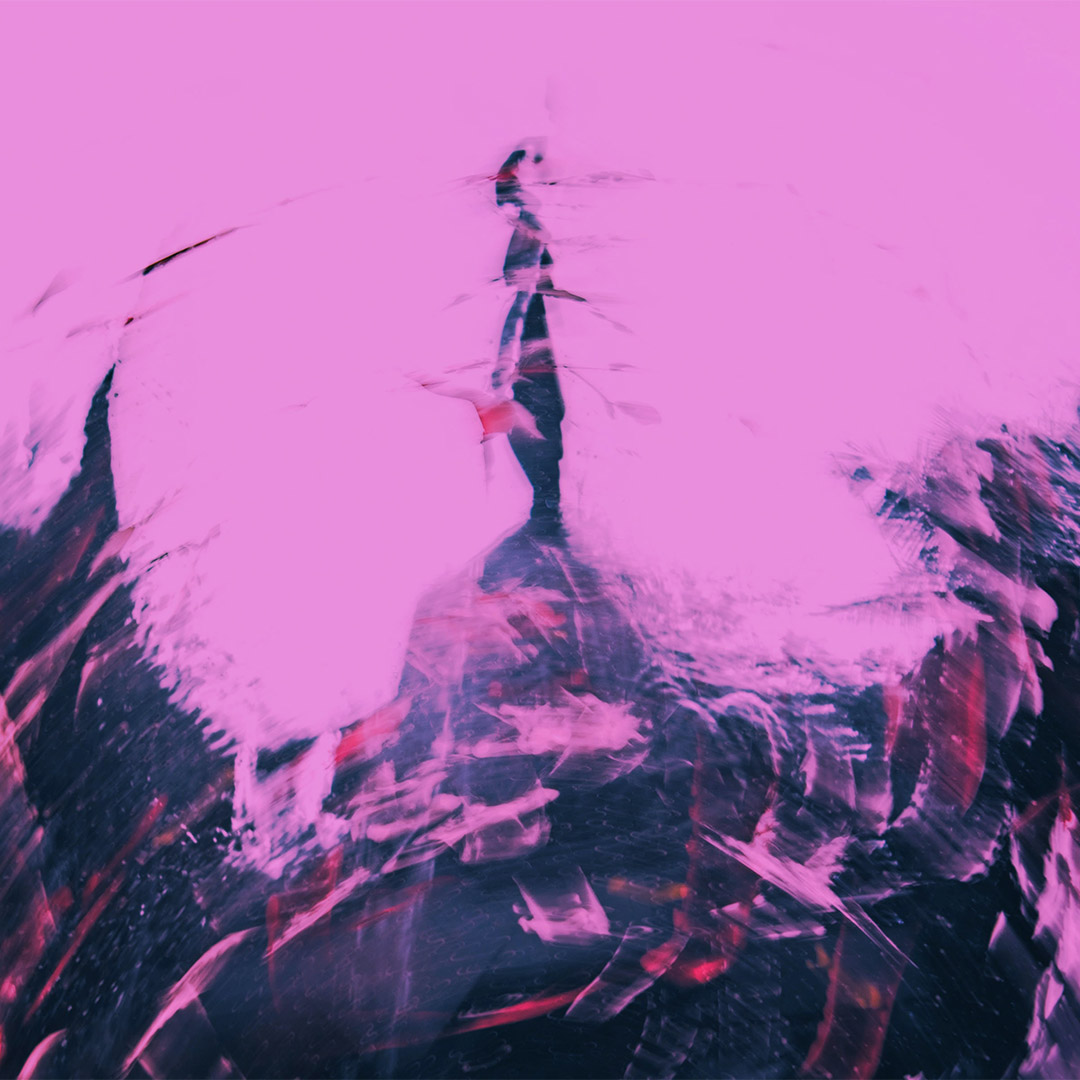

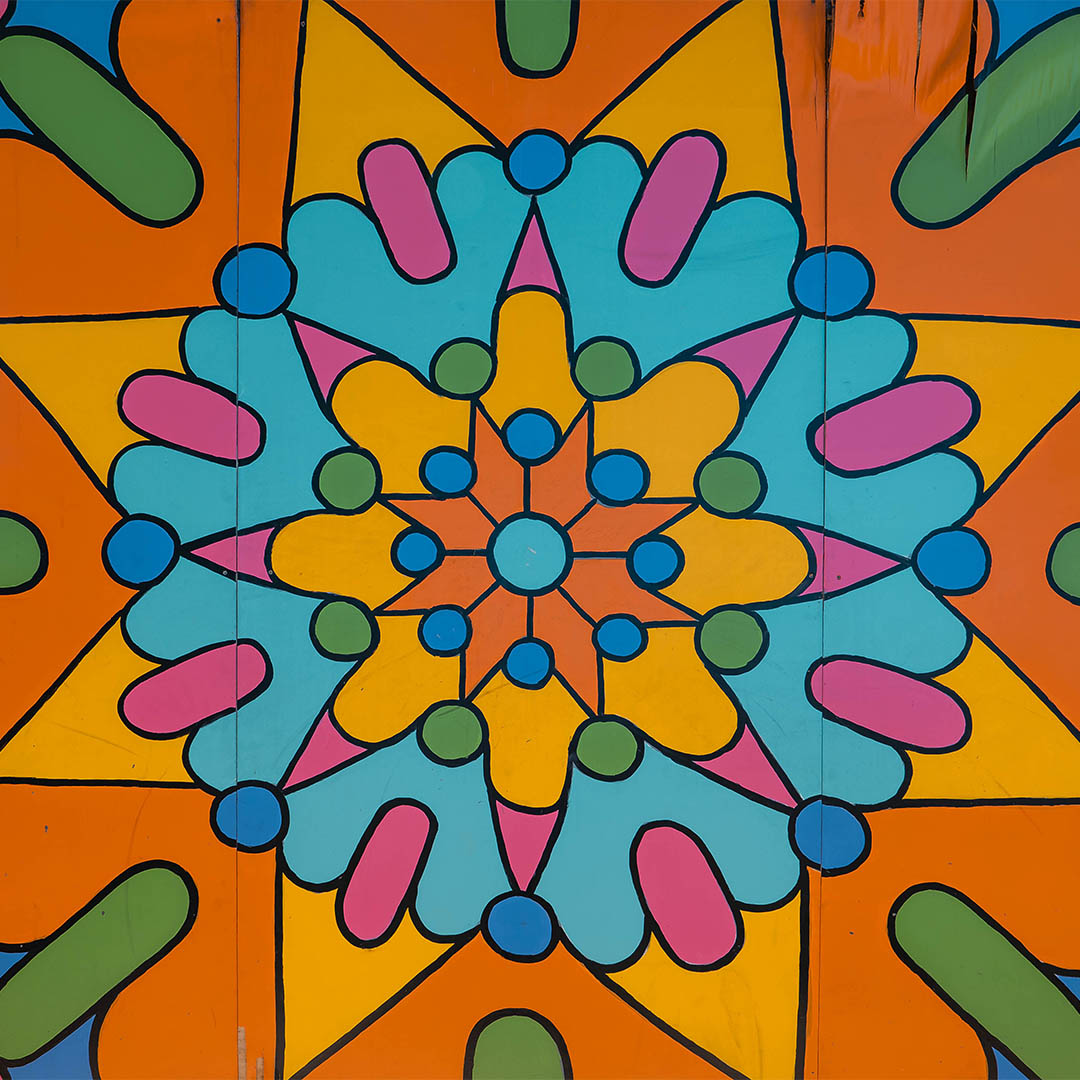
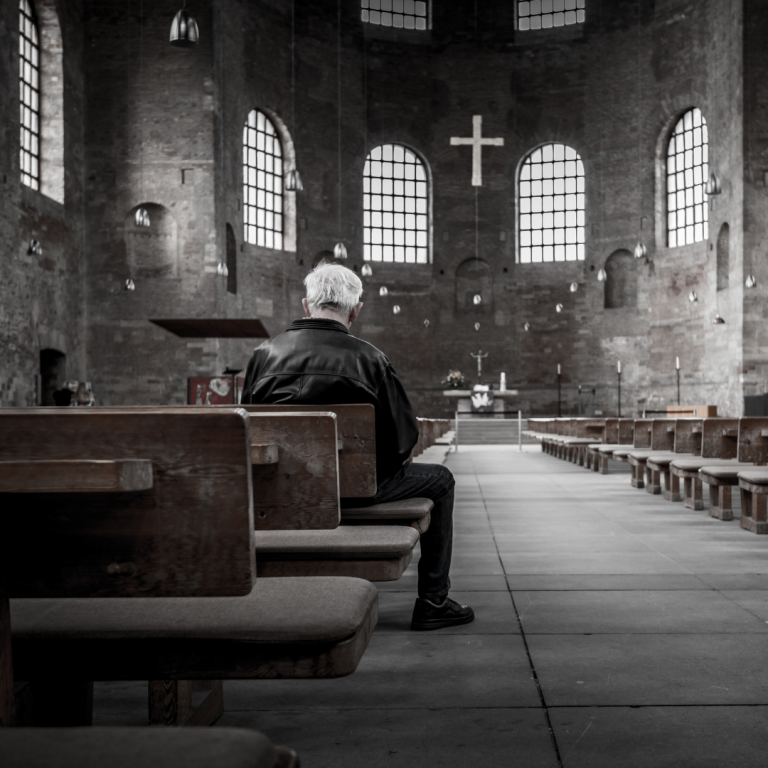
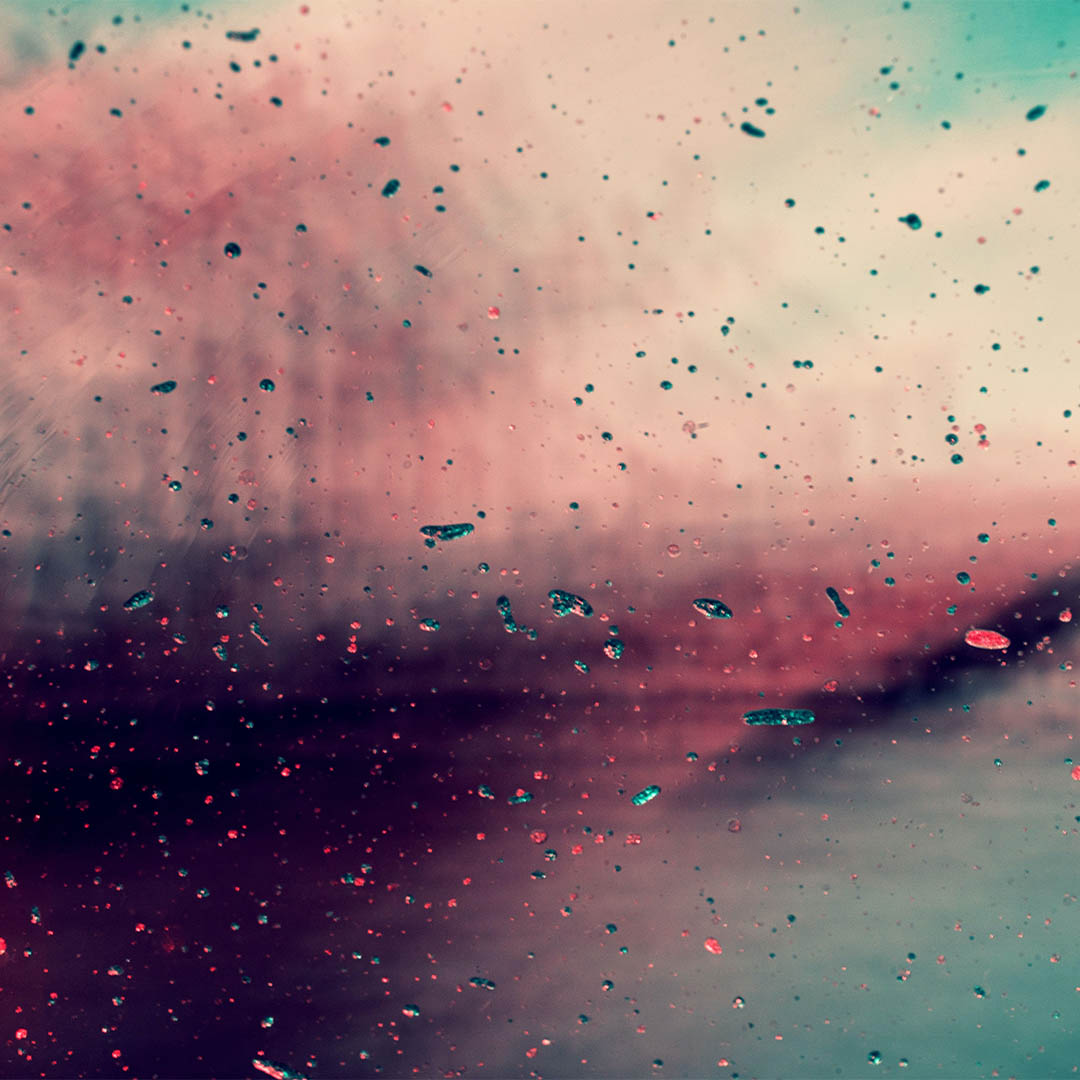
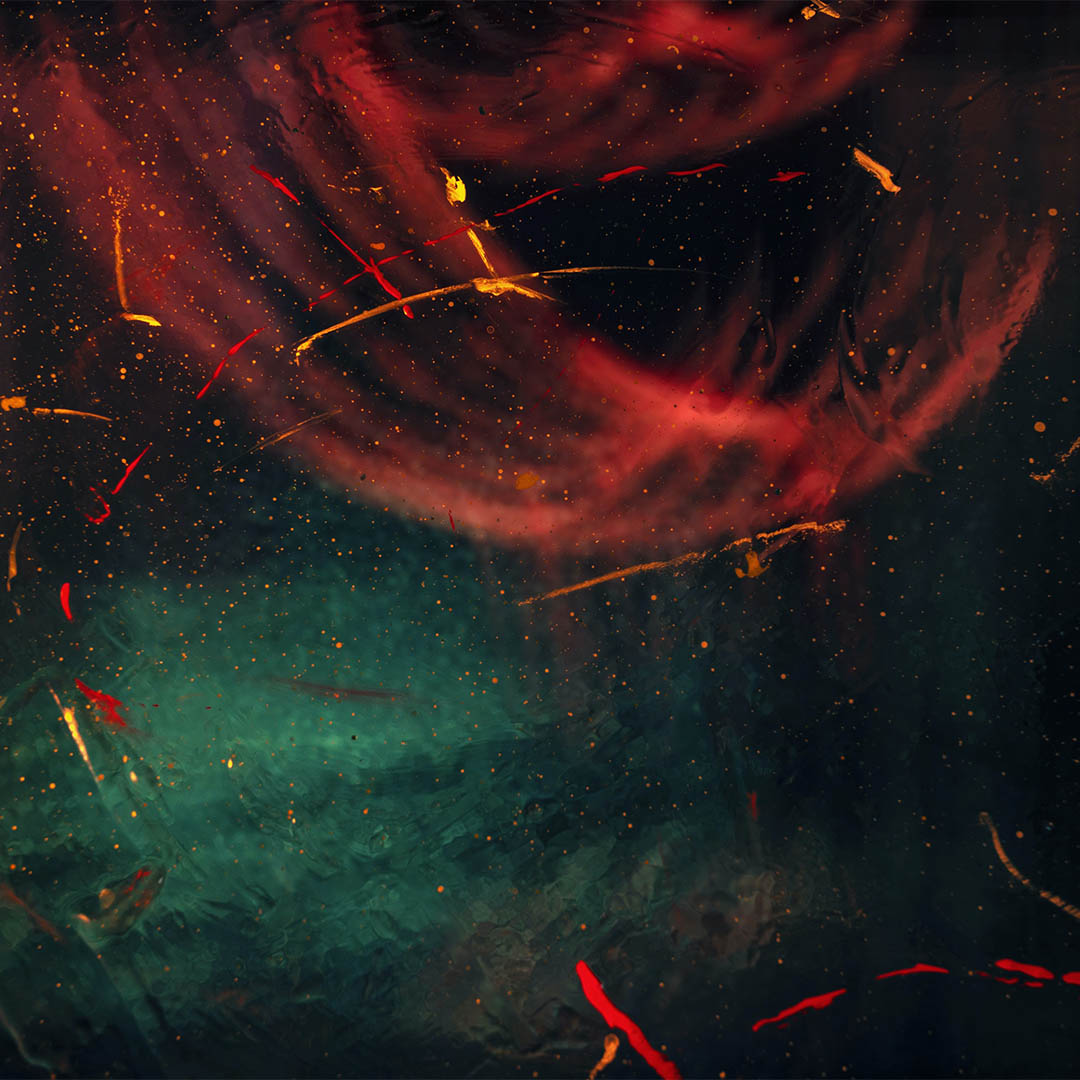
.jpg)
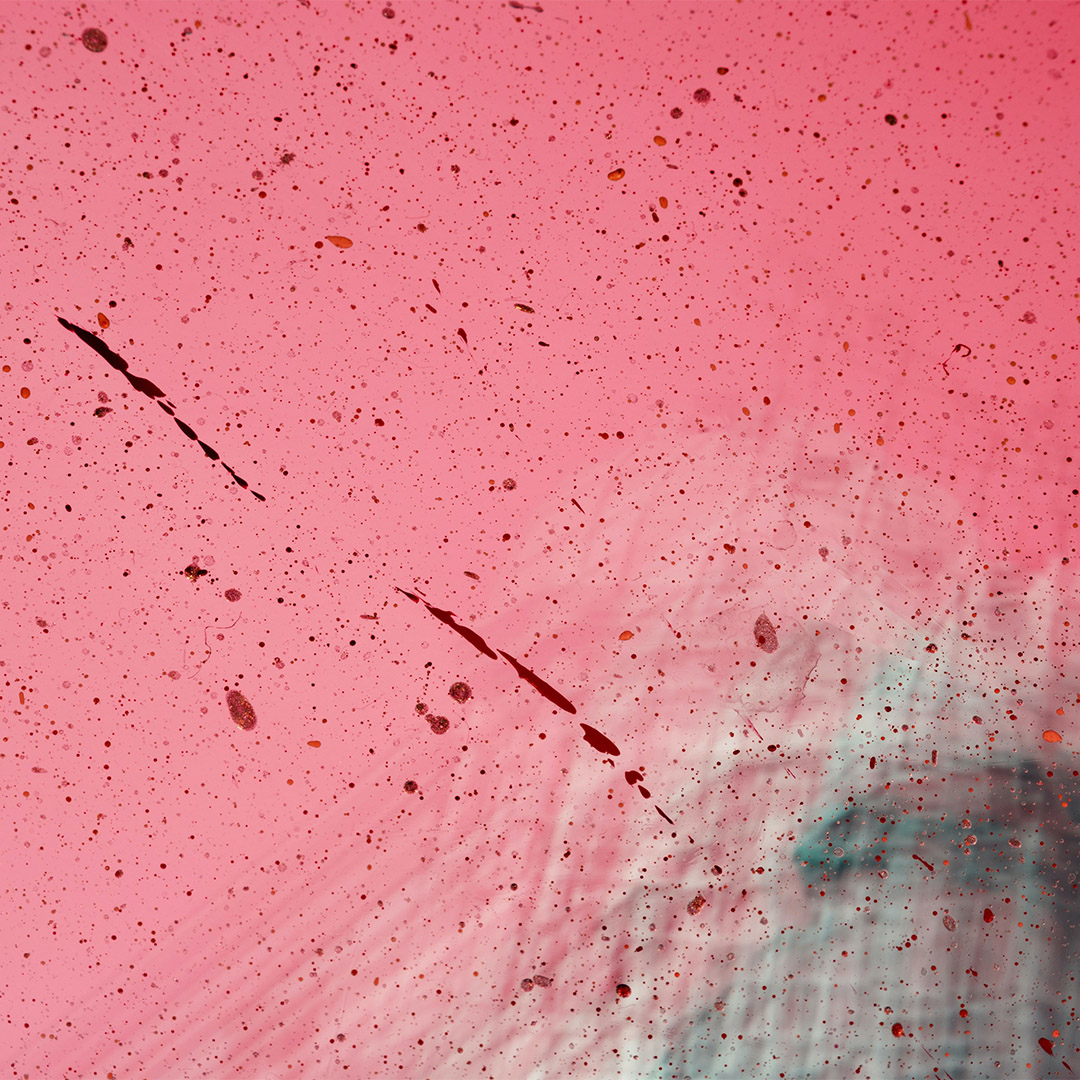
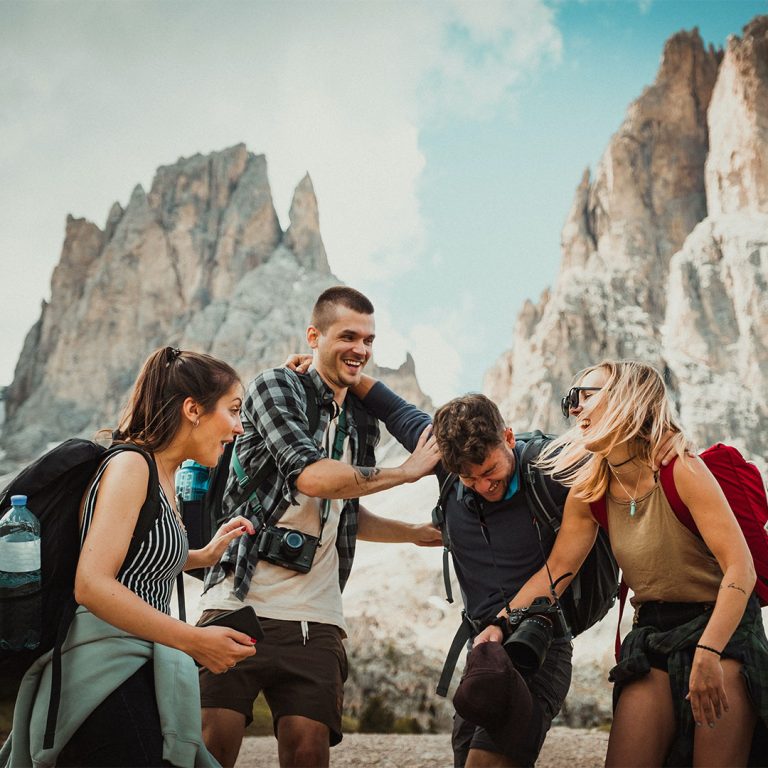


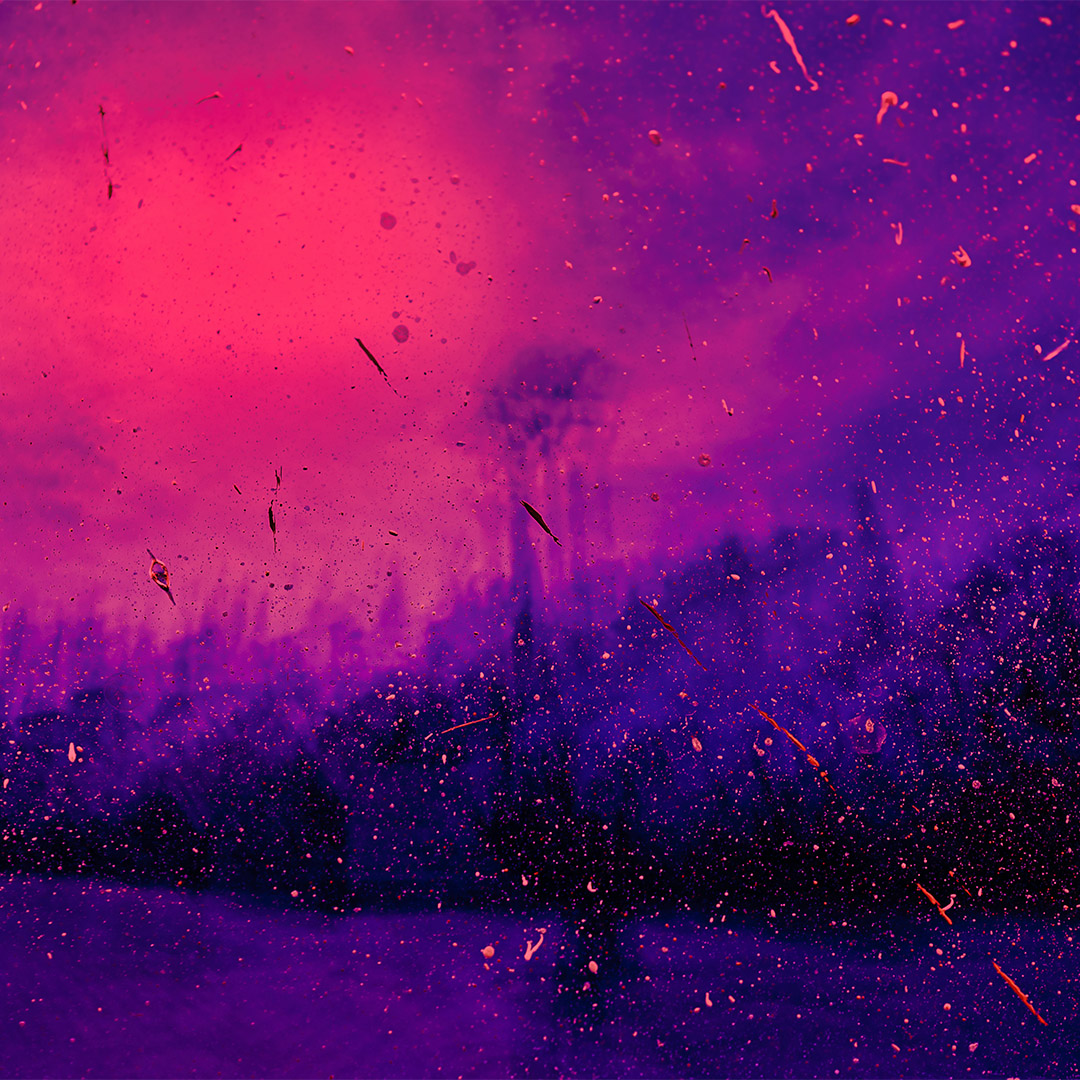


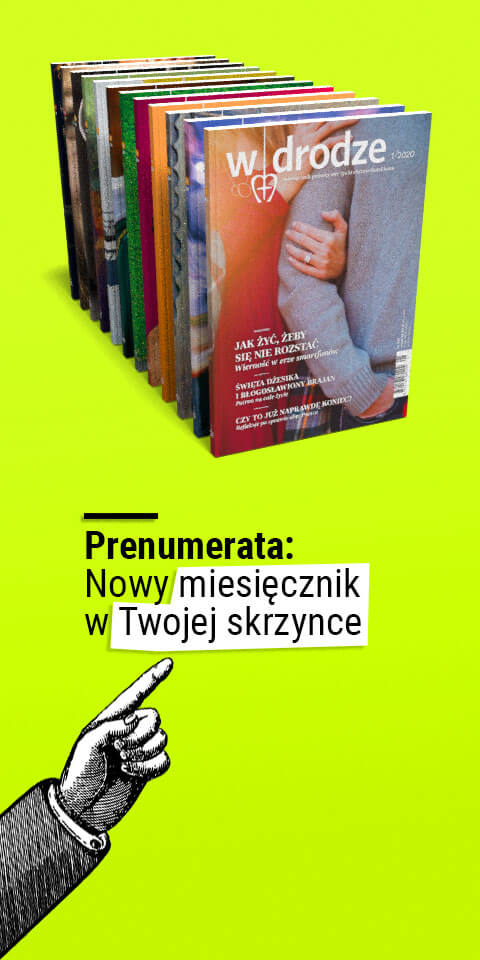
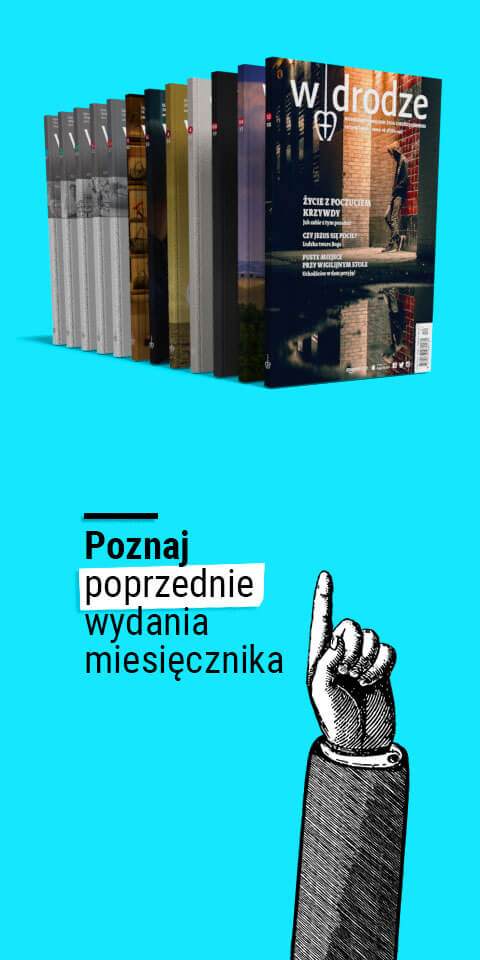
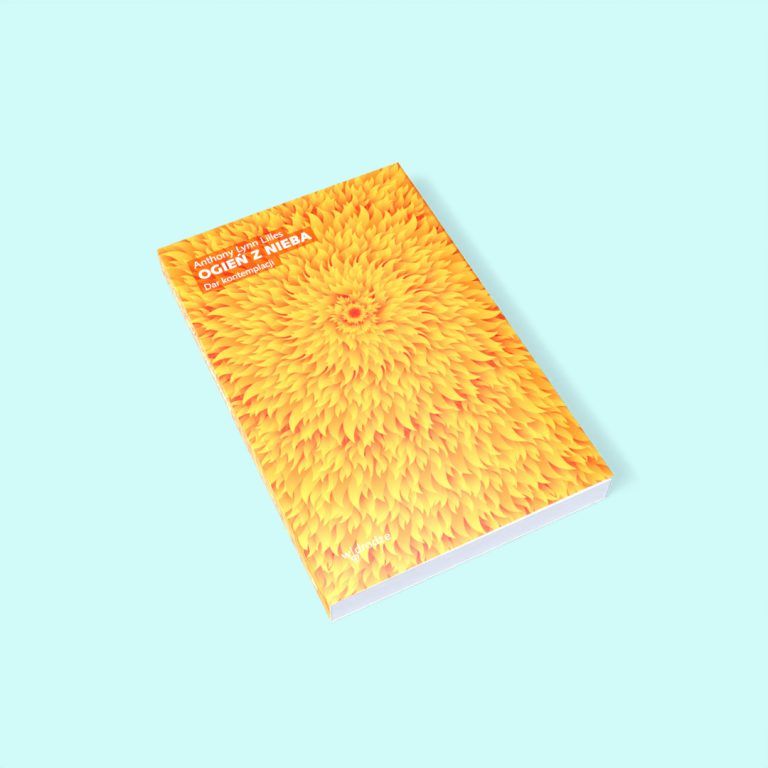
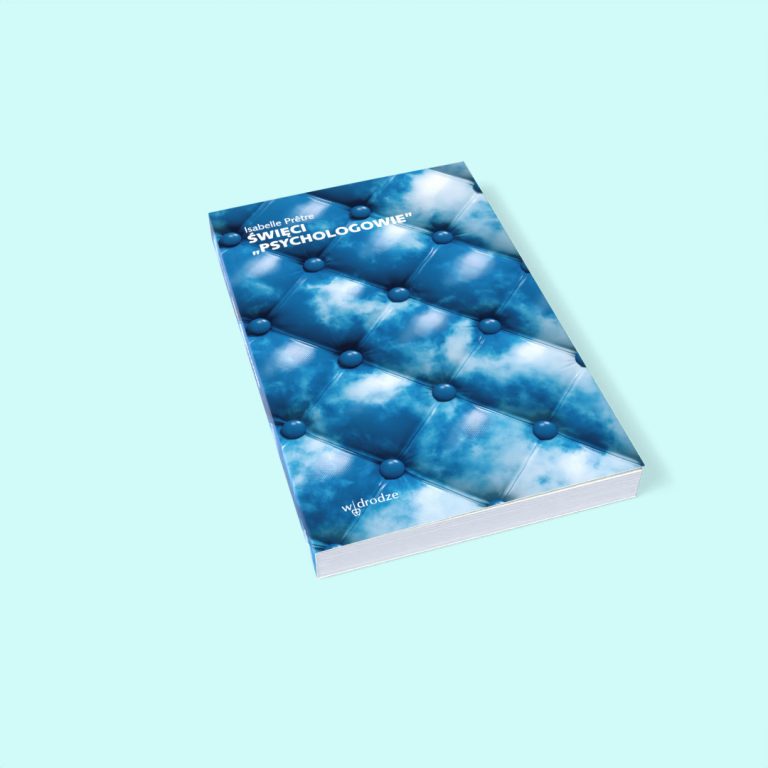

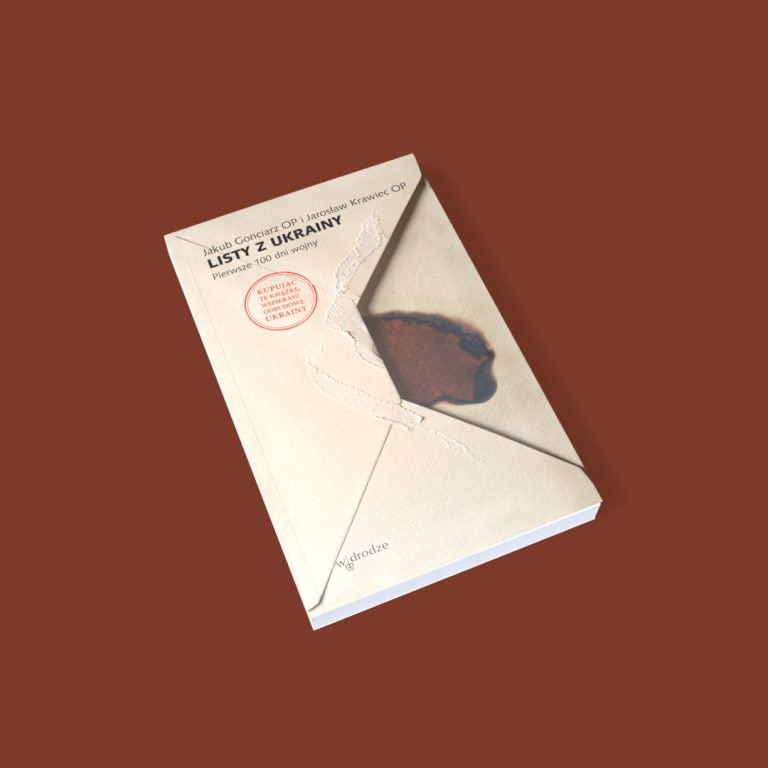
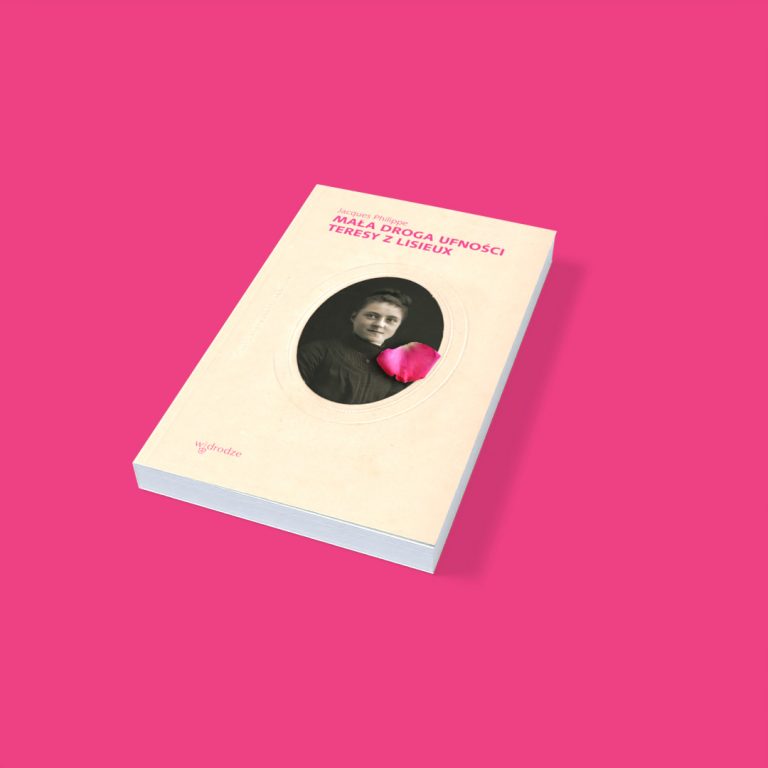
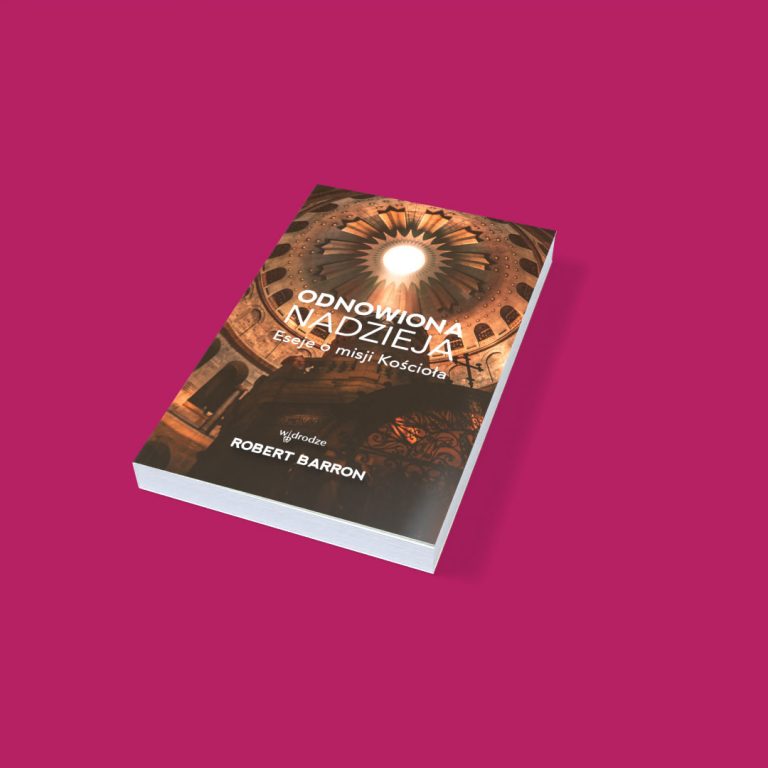
Oceń